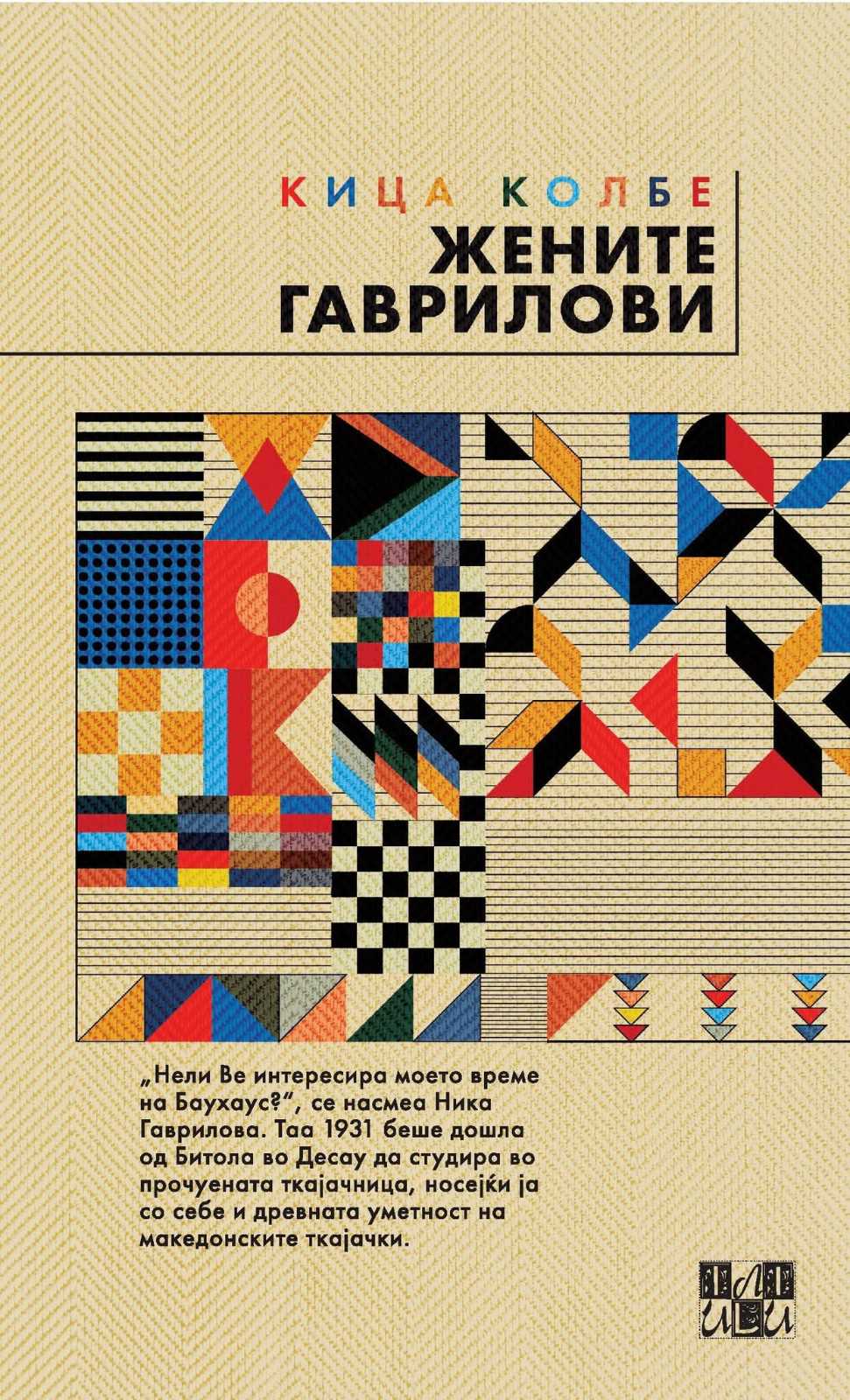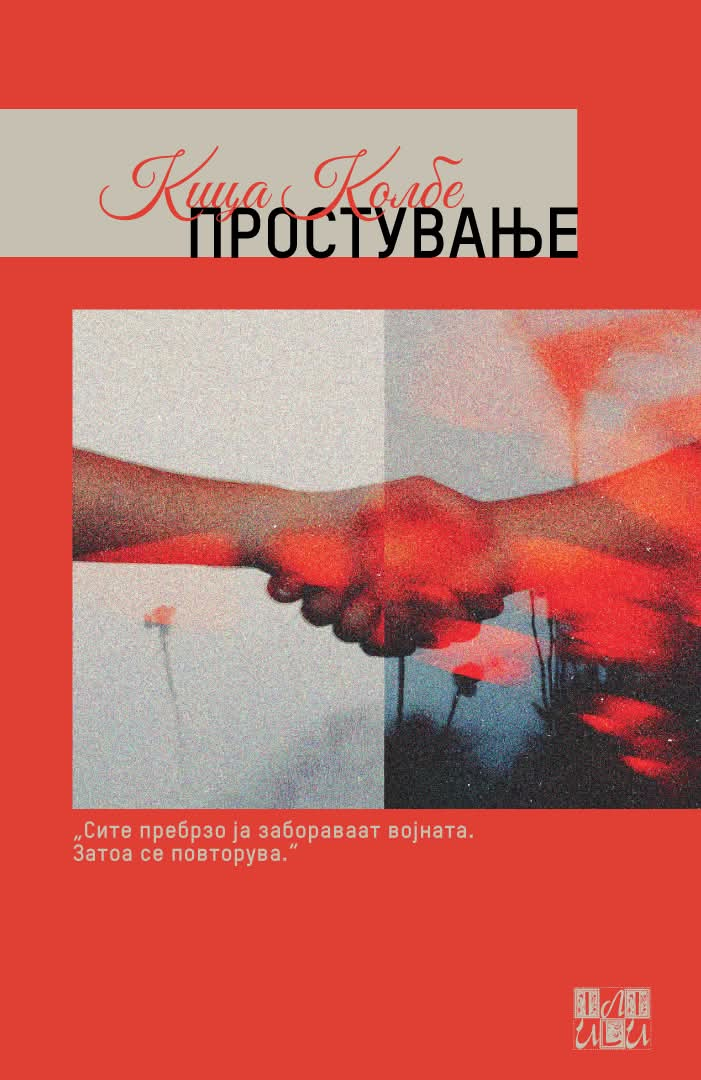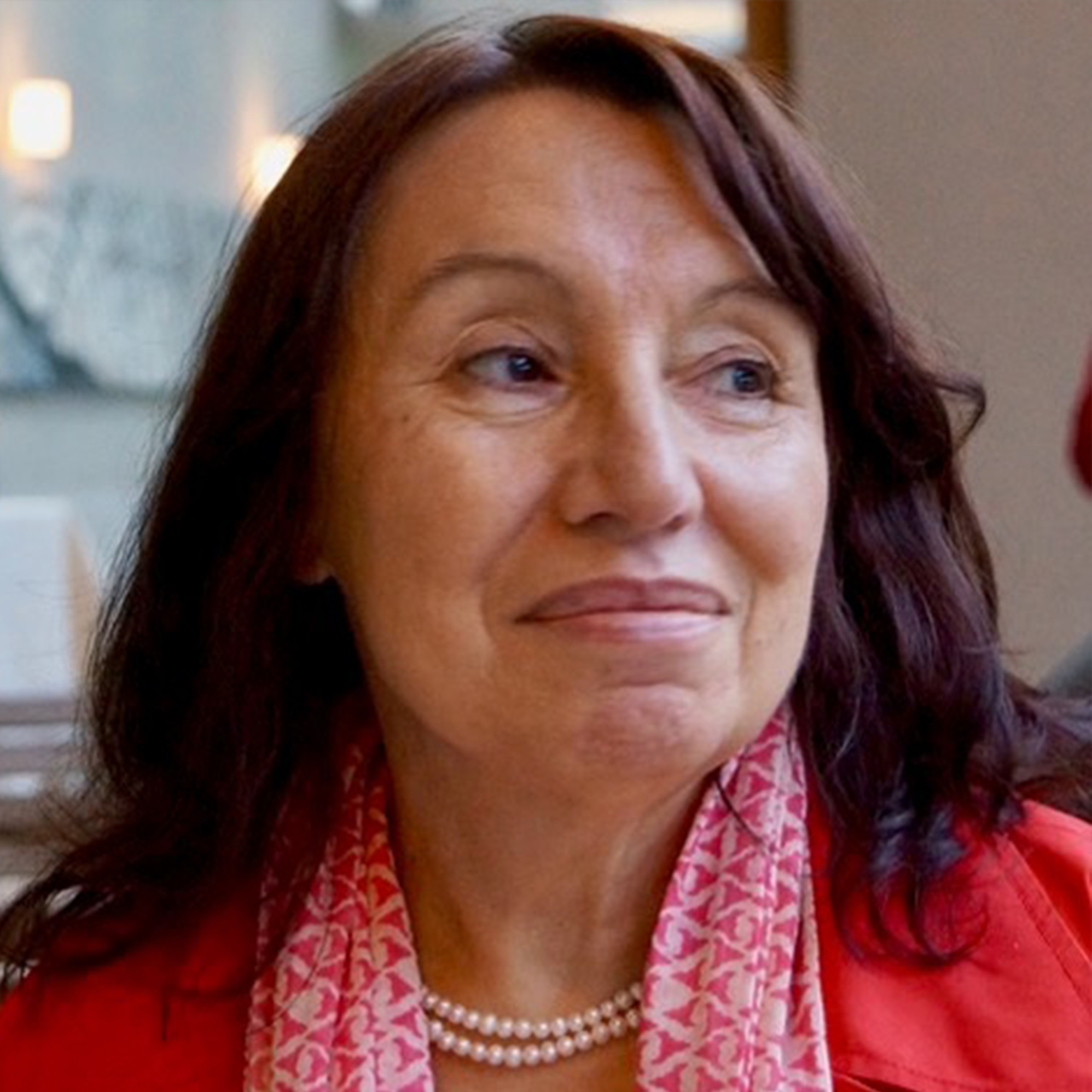Postmemory, metafiction and intertextuality: refugees, exile, war trauma, and children; female creativity (Bauhaus); stereotypes on the West and the Balkans (Byzantium); war trauma, art, and reconciliation in the Balkans.
Biography
Novelist and philosopher Kica Kolbe (born in 1951 near Skopje) moved from Macedonia (now North Macedonia) to Germany in 1984 and has lived in Cologne ever since. The interplay between German and her native Macedonian shapes her literary style. Although she usually begins each novel in German, she ultimately writes and publishes her work in Macedonian.
In two of her six novels, “The Gawrilow Women” (2008) and “The Knight and the Byzantine Woman” (2020), the self-perception and external perception of emigrants play a central role, with plots unfolding between Germany and Macedonia, or Germany and Italy (Tuscany). The main characters are Germans as well as Germans with immigrant backgrounds, predominantly from the Balkans.
The themes of exile, borders, refugees, and trauma in Kolbe’s prose are deeply influenced by her own background, as she was born into a family of refugees. Her debut novel, “Aegeans” (1999), which recounts the escape of both her parents’ families across the border into Yugoslavia during the Greek Civil War (1946–1949), will soon be published in Greek.
- “Snow in Casablanca” (2006) won the Novel of the Year Award, was included in the special edition 130 Capital Books of Macedonian Literature (2009), translated into Slovenian, and is soon to be translated into Bulgarian.
- “The Gawrilow Women” (2008) was shortlisted for the Novel of the Year award, was nominated for the international Balcanica award, and won third place.
- “Land of Refugees” (2018), which portrays the refugee experience from the perspective of children, was selected by the Macedonian jury for the Hundred Slavic Novels project.
- “Forgiveness” (2024) was also shortlisted for the Novel of the Year Award.
Outstanding title:
THE GAWRILOW WOMEN (2008)

The story of Nika Gawrilowa, a young woman who left Bitola for Dessau in 1931 to study at the Bauhaus, blends history and fiction. In the past, every Macedonian woman had a room with a loom — the only space of women’s creativity — since women were not allowed to study art. Among the Gawrilow women, there were always those passionately devoted to weaving. Nika’s granddaughter Demiana, born in Germany, searches for answers to help her understand the paradoxical behavior of the Gawrilow women, which has also shaped her own life. The narrative is polyphonic, multi-voiced, multi-layered, and as intricate as a woven fabric.
No. of pp: 312
Awards and honors:
- Shortlisted for Novel on the Year Award (2009)
- Balcanica – International award 2009, third place
Latest title:
FORGIVENESS (2024)

In Berlin, a therapist working with refugee children through the art of Anselm Kiefer is suddenly confronted with his own long-buried fear of the lake. A friend invites him to a conference in his birthplace, a city in one of two neighboring “lake countries.” He has not returned for thirty years, ever since he and his mother left his father and went abroad. His mother reveals that his fear originates from his father’s escape during the war, when his mother drowned. His friend tells him that the son of the minister from the other lake country—the man who signed the law forbidding refugees like his father from ever returning—will also attend the conference. How can he forgive “the enemy”? The characters and countries remain nameless, laying bare the stark matrix of war’s madness.
No. of pp: 276
Rights:
Kica Kolbe
kica.kolbe@icloud.com


